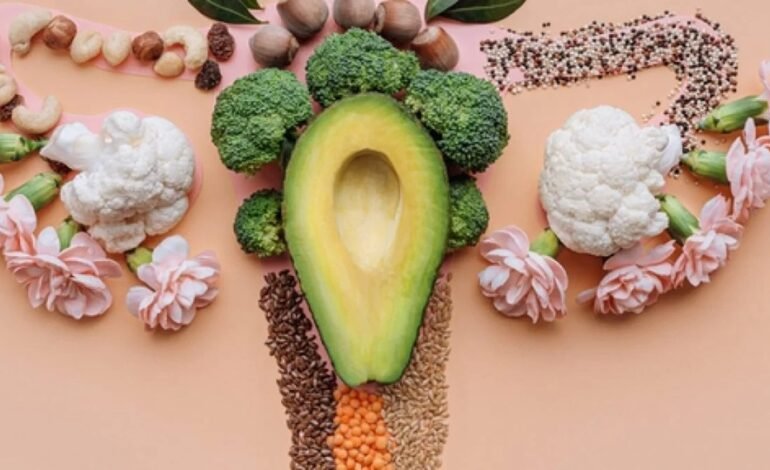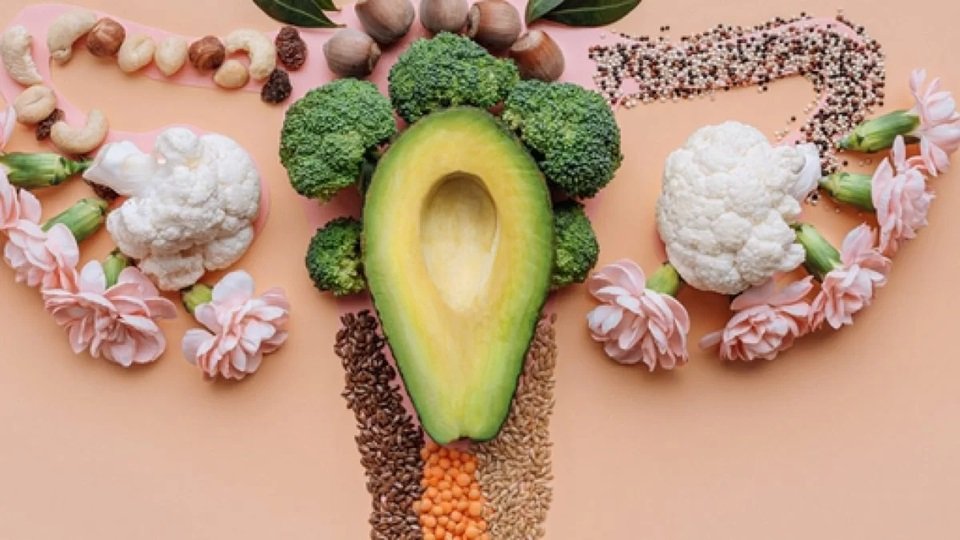Nutrition and Lifestyle Changes to Tackle Heavy Menstrual Bleeding

Heavy menstrual bleeding (HMB), also known as menorrhagia, can have serious consequences for a person’s physical, mental, and social well-being. It is distinguished by prolonged or profuse blood loss during menstruation, necessitating frequent pad changes for heavy flow. While medical interventions are occasionally required, adopting the correct nutrition and lifestyle habits can help supplement treatment and provide comfort. This article delves into the fundamental nutritional and lifestyle adjustments that can effectively manage heavy menstrual bleeding, resulting in a higher quality of life.
Understanding Heavy Menstrual Bleeding
Approximately one in every five reproductive-aged women experiences heavy menstrual bleeding. Common symptoms include strong flow through one or more pads per hour, the passage of big clots, and periods lasting more than seven days. Hormonal imbalances and uterine fibroids are among the possible causes, as are underlying health issues such as endometriosis or thyroid disorders. Proper management starts with understanding that heavy periods are inconvenient and can lead to complications like iron deficiency anaemia, fatigue, and reduced productivity. Therefore, addressing this issue holistically through diet and lifestyle changes is critical.
Nutrition Tips to Alleviate Heavy Menstrual Bleeding
- Iron-rich foods: Heavy menstrual flow frequently causes significant iron loss, making it critical to replenish this key mineral. Include iron sources the body can easily absorb, such as lean red meat, chicken, and fish. Include non-haem iron sources such as spinach, lentils, chickpeas, and fortified cereals. Pair these with meals high in vitamin C, such as oranges, bell peppers, or strawberries, to improve absorption.
- Focus on Vitamin C: Vitamin C improves iron absorption and strengthens blood vessels, which may reduce excessive bleeding. Include kiwis, citrus fruits, guavas, and broccoli in your meals.
- Eat Anti-Inflammatory Foods: Inflammation can exacerbate menstruation symptoms. Anti-inflammatory foods can assist to balance hormones and relieve pain. Include omega-3 fatty acids in fatty fish (such as salmon and mackerel), walnuts, flaxseeds, and chia seeds. Include turmeric, ginger, and green leafy vegetables since they are anti-inflammatory.
- Calcium and Magnesium: Calcium and magnesium are essential for muscular function and may assist in reducing uterine contractions that cause bleeding. Calcium-rich foods include almonds, low-fat dairy, and fortified plant-based milks. Magnesium-rich foods like bananas, avocados, and dark chocolate can help with muscular relaxation and hormone balance.
- Herbal Teas and Hydration: Staying hydrated can help reduce bloating and cramping. Chamomile, ginger, and peppermint teas may also help relieve inflammation and menstrual discomfort.
Avoid Trigger Foods
Certain foods can worsen heavy bleeding or contribute to other menstrual symptoms. Reduce your intake of:
- Refined sugars and processed foods.
- Caffeine, which may heighten anxiety and exacerbate cramps.
- High-sodium foods, which cause bloating.
Lifestyle Changes for Better Menstrual Health
- Regular Exercise: Moderate physical activity can regulate hormones, improve circulation, and reduce stress—all of which play a role in menstrual health. Activities like yoga, walking, or swimming can be particularly beneficial for managing symptoms.
- Stress Management: Chronic stress disrupts hormonal balance and can worsen heavy periods. To improve emotional well-being, adopt stress-relief techniques such as mindfulness, meditation, or journaling.
- Track Your Cycle: Keeping a menstrual diary or using period-tracking apps can help identify patterns in heavy bleeding. Monitoring your symptoms provides valuable insights for discussing treatments with your healthcare provider.
- Choose the Right Menstrual Products: Pads for heavy flow and menstrual cups designed for heavy bleeding can prevent frequent leaks and ensure comfort. These products often provide better absorption and confidence during your period.
- Weight Management: Excess weight can contribute to hormonal imbalances, particularly oestrogen dominance, which may worsen heavy bleeding. Maintaining a healthy weight through a balanced diet and exercise can improve menstrual health.
- Sleep Hygiene: Poor sleep can affect hormone regulation and exacerbate stress. Aim for 7–8 hours of quality sleep per night, ensuring your body has ample time to recover and restore balance.
When to Seek Medical Advice
Lifestyle and nutritional changes can go a long way in managing heavy menstrual bleeding, but certain situations warrant medical attention:
- If your periods are so heavy, you must change pads for heavy flow every hour for several consecutive hours.
- If you experience severe pain or dizziness during menstruation.
- If unusual symptoms like severe fatigue or rapid heart rate accompany your periods.
- A healthcare professional can evaluate your condition, identify underlying causes, and recommend hormonal therapy, medications, or surgical interventions.
Long-Term Benefits of Adopting Healthier Habits
Proper nutrition and lifestyle modifications not only assist in managing heavy menstrual bleeding but also improve general health. Long-term benefits of these changes include increased energy levels, improved hormonal balance, and a reduced need for medical treatments. It is worth mentioning that these behaviours have benefits beyond menstruation health. They promote a healthier, more balanced lifestyle and provide you with skills to address various health issues.
Conclusion
Heavy menstrual bleeding can be unpleasant, but it is treatable with the appropriate technique. Eating a nutrient-dense diet, remaining physically active, and managing stress can alleviate symptoms and improve quality of life. Complement these efforts with practical solutions such as heavy flow pads, which provide comfort and confidence during your period.











